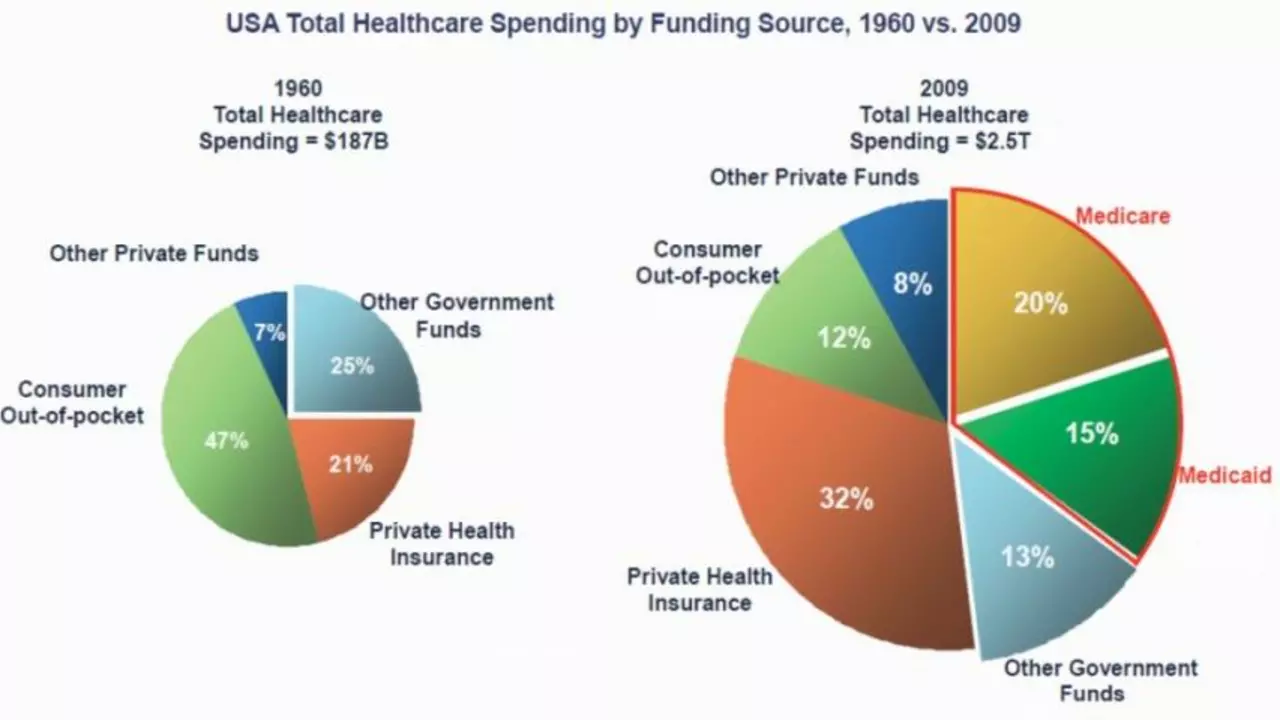Understanding the Fundamental Concepts: Public Health and Medicine
Before we delve into the similarities between public health and medicine, it is essential to understand the fundamental concepts of both. Public health is a vast field that focuses on improving and protecting community health through education, policy making, and research for disease and injury prevention. While medicine, on the other hand, is a more patient-centered discipline, focusing on diagnosing and treating illnesses in individual patients. Despite their different approaches, there are several areas where public health and medicine intersect, and this article aims to shed light on these similarities.
The Interplay of Prevention and Treatment
Both public health and medicine play crucial roles in the prevention and treatment of diseases. Medicine focuses on treating the disease once it has occurred, while public health aims to prevent the disease from happening in the first place through programs that promote healthy lifestyles. However, the two are not mutually exclusive. Doctors often engage in preventative care by advising patients on lifestyle changes, while public health professionals also work on strategies to treat diseases within communities.
The Role of Education in Public Health and Medicine
Education plays a significant role in both public health and medicine. For doctors, consistent learning is crucial to stay updated with the latest advancements in medical science. Similarly, public health professionals often engage in community education programs to inform individuals about various health-related topics, promoting healthier lifestyle choices. Therefore, both fields require continuous learning and public education to achieve their goals.
Data Analysis and Research: A Shared Tool
Data analysis and research are fundamental tools in both public health and medicine. Medical professionals often rely on research findings to inform their treatment plans. On the other hand, public health professionals use data analysis to understand trends in health behaviors, disease outbreaks, and effectiveness of health interventions. Therefore, the use of data and research is a shared tool between the two fields.
The Pursuit of Health Equity
Both public health and medicine are committed to achieving health equity. In medicine, doctors strive to provide the best care to all patients, regardless of their socioeconomic status. Similarly, public health professionals work to reduce health disparities by addressing social determinants of health. Both fields recognize that achieving health equity is crucial to improving overall community health.
Policy and Advocacy: Driving Changes in Health
Policy making and advocacy are inherent components of both public health and medicine. Physicians often advocate for individual patients, while public health professionals are involved in policy making to address health issues at a population level. Both fields understand the importance of policies in shaping health outcomes and work towards influencing these policies for better health.
The Common Goal: Improving Health
Perhaps the most significant similarity between public health and medicine is their shared goal: health improvement. Whether it's through treating individual patients or implementing community health programs, both fields are committed to enhancing health. While their approach may differ, the ultimate goal is the same. This common goal serves as the foundation for the many similarities between public health and medicine.
In conclusion, while public health and medicine may seem different at first glance, they share many similarities. Both fields are committed to improving health, preventing and treating diseases, using data for informed decision-making, advocating for health policies, and striving for health equity. By understanding these similarities, we can better appreciate the interconnectedness of these two crucial fields in our healthcare system.
